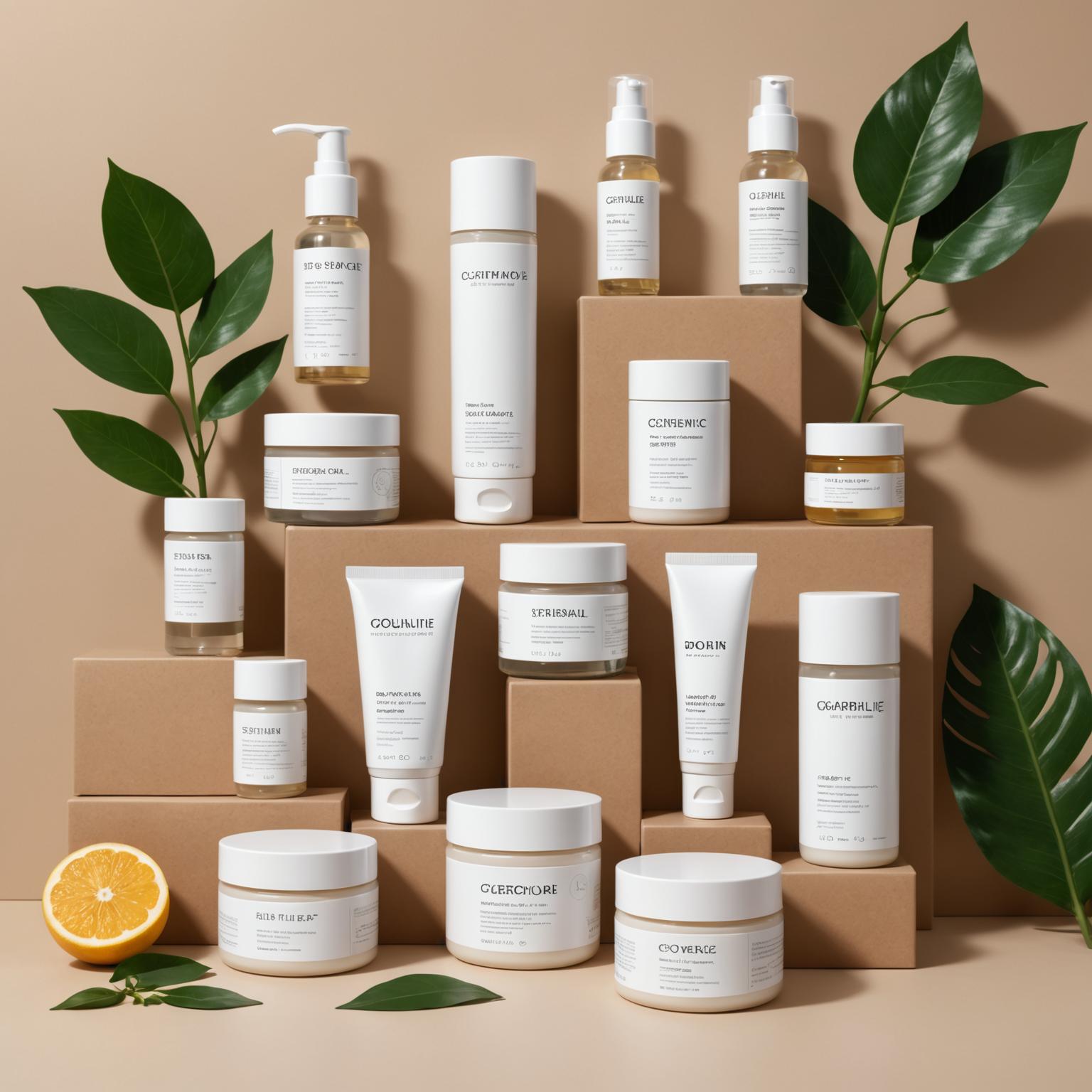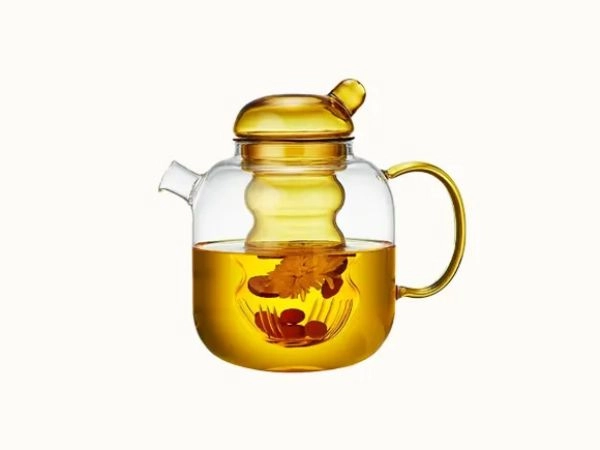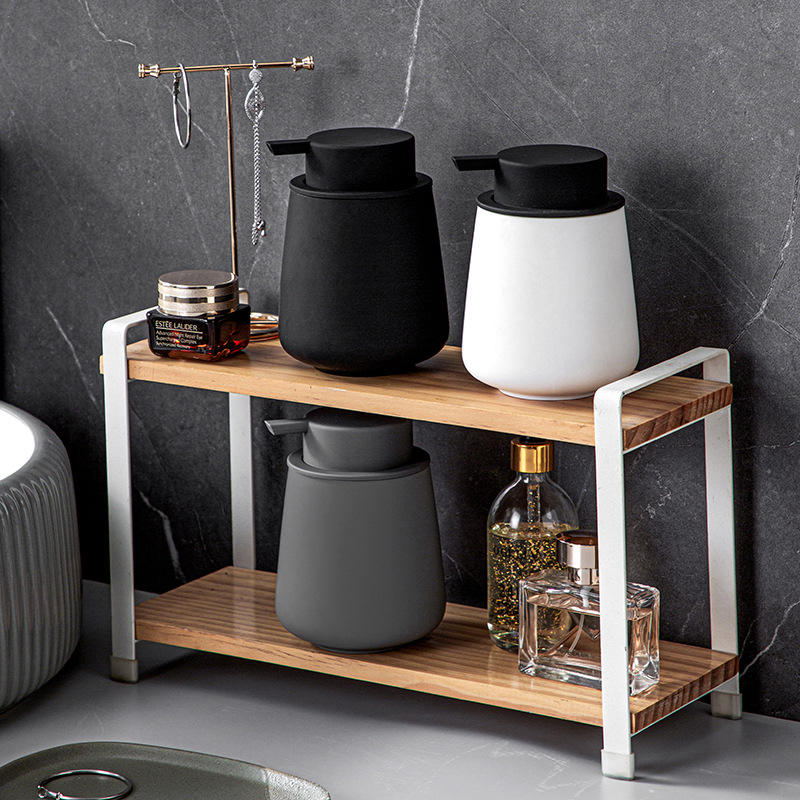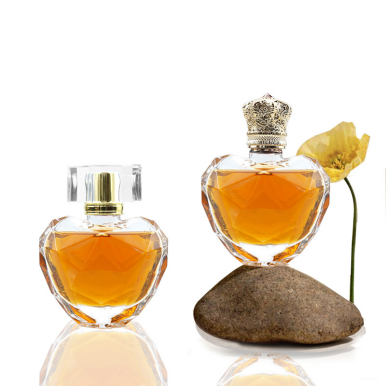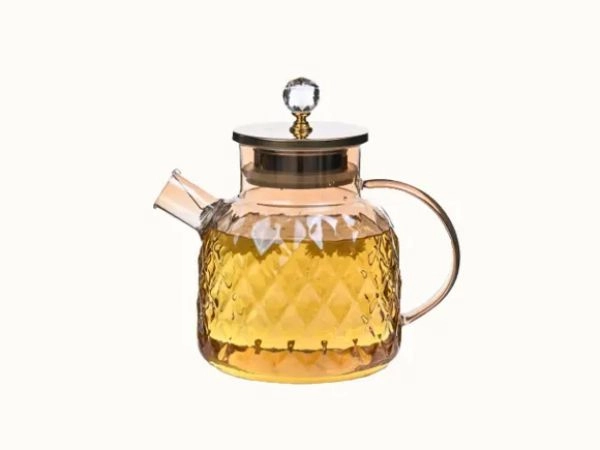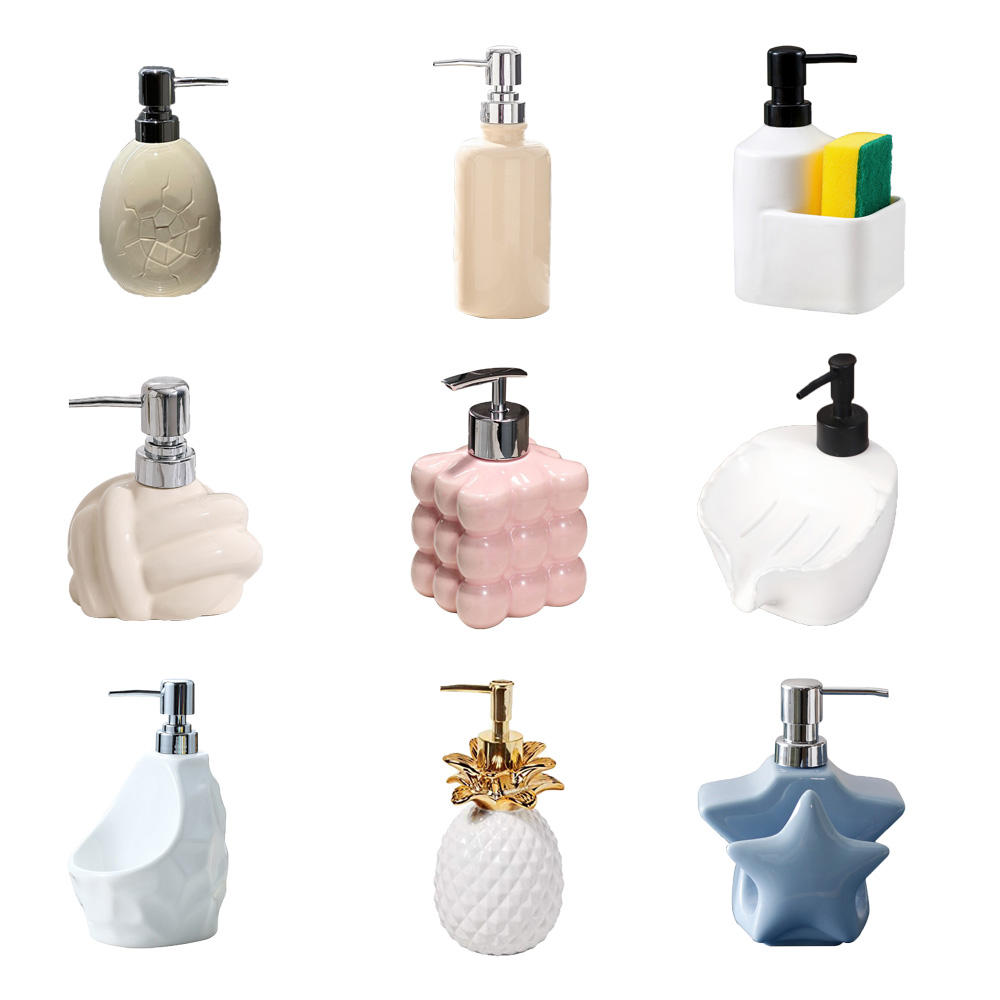Introduction to Skin Care Packaging Trends
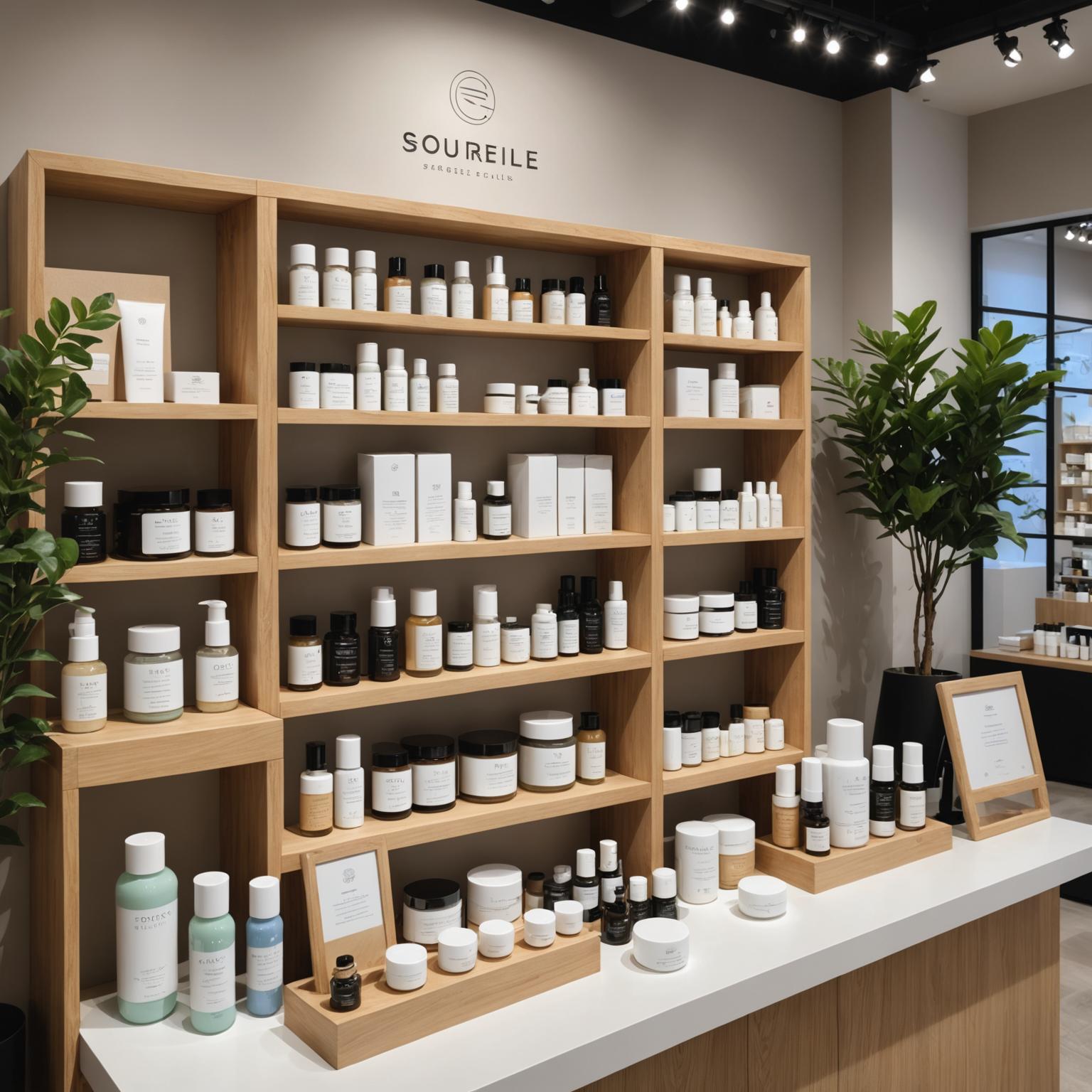
The beauty industry is not just about innovation in products but also about how these products are presented to the consumer. The spotlight today is on **skin care packaging trends** that align with sustainability, aesthetics, and functionality. As consumers become more eco-conscious and prioritize convenience, companies are continuously evolving their packaging strategies. Whether it's a luxurious moisturizer or an everyday cleanser, packaging plays an essential role in influencing buying decisions.
The Growing Demand for Sustainable Skincare Packaging
One of the most significant **skin care packaging trends** is the movement towards **sustainable skincare packaging**. With environmental issues gaining prominence, brands are reassessing their packaging materials and designs. Single-use plastics are steadily being phased out in favor of recyclable, biodegradable, or reusable materials. For instance, glass jars, aluminum, and post-consumer recycled plastics are now the top choices for sustainable skincare packaging.
Apart from materials, minimalism in design has also taken center stage. Minimalistic packaging not only reduces waste but also communicates a clean, modern aesthetic that resonates with eco-aware audiences. Skincare companies are starting to eliminate unnecessary layers of materials, using compostable outer cartons or opting for a single, multi-functional container.
Rise of Refillable Packaging Solutions
Refillable packaging is another booming trend in the skincare industry. Recognizing that many skincare products are repeat purchases, brands have introduced refill stations and reusable containers. Customers can now buy refill pouches to replace the contents of their original containers, reducing waste significantly. This trend not only fosters sustainability but also builds brand loyalty as customers tend to return for refills rather than switching brands.
This innovative idea also comes with added benefits for consumers. Refill systems often cost less when compared to repeatedly buying new packaging. By merging environmental consciousness with affordability, brands that adopt refillable packaging are likely to see a surge in demand.
Smart Packaging Technologies for Enhanced User Experience
Emerging **skin care packaging trends** also include smart packaging technologies. Interactive and tech-enabled packaging adds another layer of functionality, helping customers track product usage and tailor application routines. For example, QR codes embedded in packaging labels can provide instant access to tutorials, ingredients, and traceability information about the product's origin and manufacturing process.
Other innovations in this realm include airless pump containers that protect sensitive skincare formulations from exposure to light and air, thereby extending the product’s shelf life. Such advancements not only enhance product longevity but also significantly reduce product wastage.
Customizable Packaging for Personalization
The modern consumer craves a personal touch. As such, customizable packaging is making waves in the industry. Companies now offer packaging that can be tailored to individual needs, whether it’s a label featuring the user's name or unique designs that cater to their tastes. This trend goes beyond aesthetics; it creates a deeper emotional connection between the brand and the customer.
Moreover, customizable starter kits are becoming increasingly popular. These allow consumers to select multiple travel-sized skincare products in eco-friendly packaging customized to their preferences. This approach not only enhances customer satisfaction but also showcases the company’s versatility in catering to different needs and tastes.
Lightweight and Travel-Friendly Packaging
In today’s fast-paced world, lightweight and travel-friendly packaging is a sought-after feature. Consumers prefer products that are easy to carry and store, making compact and convenient packaging a top priority. Flexible tubes, sachets, and small jars cater to on-the-go lifestyles and short trips without compromising on utility or style.
Such packaging formats also align with sustainability goals. For example, flexible pouches use less material compared to rigid alternatives and are easier to recycle when designed appropriately. By balancing convenience and sustainability, brands can appeal to eco-conscious, travel-savvy customers.
Use of Aesthetic and Eco-Friendly Design
Aesthetics remain a critical factor in skincare packaging, but now it is closely tied with environmental stewardship. Brands are combining artistic visuals with sustainable materials, ensuring that the product stands out on social media and on the shelf. Earthy tones, pastel colors, and minimalist fonts give off a natural and sophisticated vibe, reflecting the product’s alignment with green initiatives.
In addition, some companies are experimenting with plantable packaging, which includes embedded seeds. Once the packaging has served its purpose, it can be planted to grow herbs or flowers, adding an extra touch of sustainability and innovation.
Conclusion: The Future of Skin Care Packaging
The realm of **skin care packaging trends** is an ever-evolving landscape driven by consumer behavior, environmental concerns, and technological advancements. From embracing **sustainable skincare packaging** to integrating smart technologies and minimalistic designs, brands are finding creative ways to meet market demands while prioritizing sustainability.
As a consumer, it's essential to support brands that take innovative steps towards environmentally-conscious packaging practices. By choosing products with sustainable options, you’re contributing to a greener planet, one product at a time. The future of skincare lies not only in the formulations of the product but also in the environmentally friendly containers that house them—a commitment we can all rally behind.



